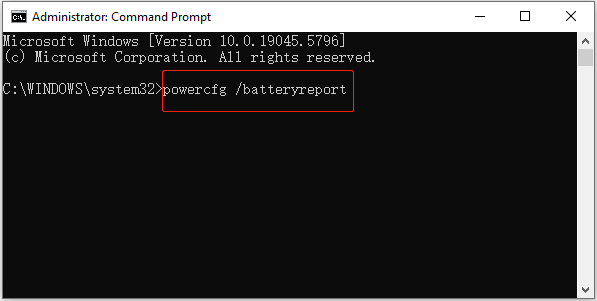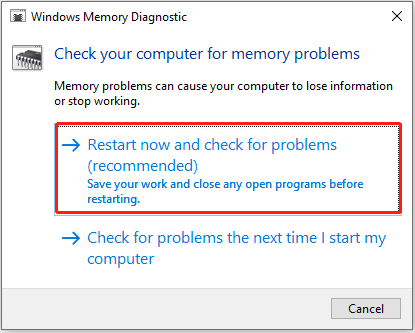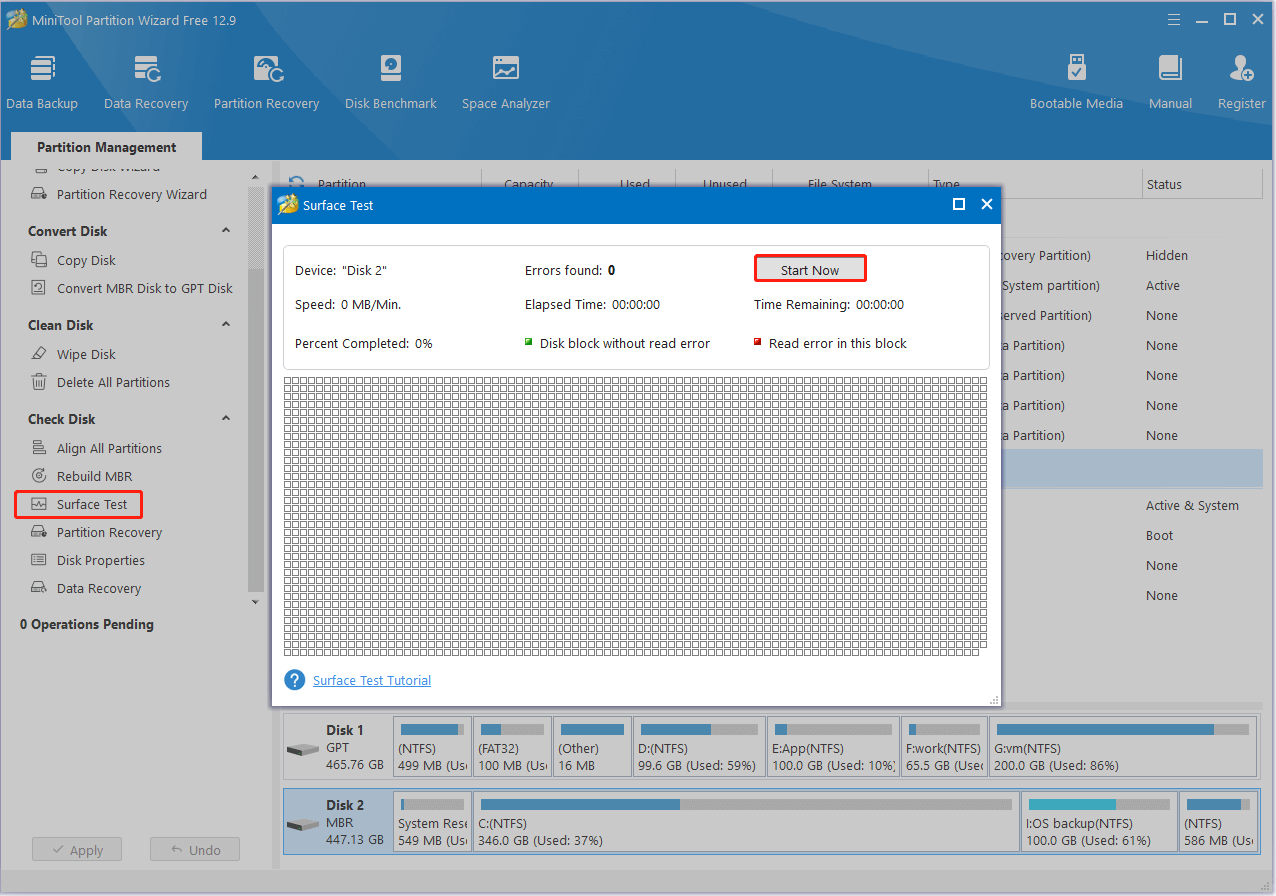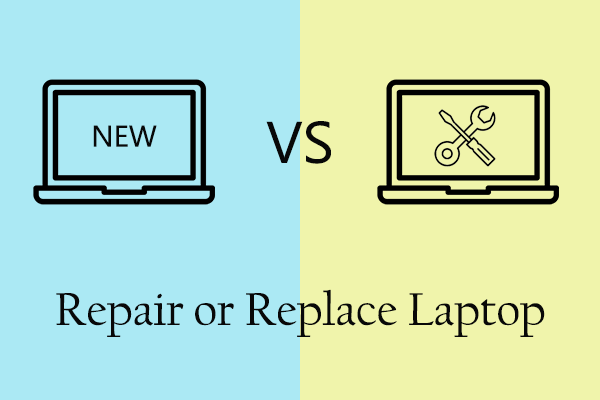Do You Know What to Check When Buying a Used Laptop?
Second-hand laptops are commonly purchased by users who want to save money, set up a backup machine, or practice environmental protection. To avoid potential hardware or software issues causing data loss or economic losses, it is essential to understand what to check when buying a used laptop.
This article offers a comprehensive guide on what to check when buying a second-hand laptop, covering both hardware and software considerations. Keep reading to get details.
Assess the Physical Condition & Small Hardware Components
The most intuitive things you should check before purchasing a second-hand laptop are its physical condition and hardware components, such as the keyboard, touchpad, display, speakers, headphone jack, USB ports, webcam, and so on.
You should check for any cracks, dead pixels, discoloration, or flickering on the screen. Verify whether the keyboard is functioning properly, ensuring that no keys are typing automatically or inputting incorrect characters and that no keys are missing. Also, check for wear and tear on the touchpad.
Check the Battery Health
It is also crucial to assess the health of the battery as a worn battery can severely affect the performance of your laptop. How to check second-hand laptop battery? Follow the steps below.
Step 1. Type cmd in the Windows search box. When Command Prompt shows up, click Run as administrator under it.
Step 2. Type powercfg /batteryreport and press Enter.

The battery report will be generated as an HTML file and stored in a folder on your PC. The location of the file will be displayed in the Command Prompt window. You can go to that location and open the report to get detailed information about the battery usage and capacity.
Test the CPU/RAM/Hard Disk
The CPU, RAM, and hard disk are essential for determining how well the laptop can handle various tasks and workloads. So, it is essential to test them.
Test CPU:
You can open Task Manager and go to the Performance tab to view the CPU speed and other information. Many benchmark tools can also help you evaluate the CPU’s performance, such as the Intel Processor Diagnostic Tool.
Test RAM:
The Windows Memory Diagnostic tool can help detect issues with the RAM. Search for this tool by using the taskbar search box and open it. When the new window pops up, save all open work, and click Restart now and check for problems.

MiniTool System Booster TrialClick to Download100%Clean & Safe
Test hard disk:
There are many free third-party tools for checking the health of your hard disk and displaying detailed information about the disk. CrystalDiskInfo and MiniTool Partition Wizard are commonly used. Here I take MiniTool Partition Wizard for example to show you how to perform a disk surface test to scan each disk sector status.
Step 1. Download, install, and launch MiniTool Partition Wizard Free.
MiniTool Partition Wizard FreeClick to Download100%Clean & Safe
Step 2. Select the target disk, and then click Surface Test from the left menu.
Step 3. In the new window, click Start Now.

Check the System, Malware, and License
For the system, you need to check whether the operating system is genuine and activated. Moreover, if the computer is infected with viruses, Trojans, spyware, or other malicious programs, it may cause data loss or affect the normal use of the computer. You need to use Windows Defender to perform a virus scan and make sure the PC is clean.
Evaluate Hardware Compatibility With Windows 11 or Linux
Support for Windows 10 will end in 2025, and Windows 11 is the most recommended operating system. However, Windows 11 has specific hardware requirements, so it is important to ensure your PC meets these specifications. Additionally, many users still prefer Linux, so if you are one of them, it is essential to check your hardware’s compatibility with Linux as well.
Bottom Line
Now you should know how to test a used laptop from multiple perspectives using both Windows built-in tools and third-party diagnostic software. I hope the information above helps you make an informed decision when purchasing a quality second-hand laptop.


User Comments :